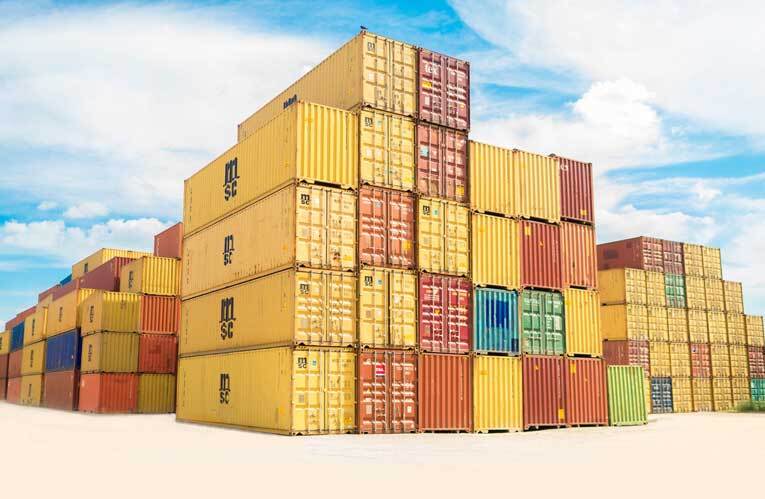Do I need an EORI number?
15 Apr 2020

Do you import goods from or export goods to countries outside of the EU? If so, you’ll need an EORI number. If this is the first time you’re hearing this term, don’t panic. It’s simple to register for one to make sure your business is running legally.
We’ve got all the information you need covered here, from what an EORI actually is to who needs one and how you can get one.
This article covers
What is an EORI number?
EORI stands for Economic Operator Registration and Identification, and it was brought into play in July 2009 to replace the Traders Union Reference Number System.
Its purpose is to track physical goods coming into and out of the UK so that shipments can be quickly and easily identified by customs. Trading without an EORI number can cause delays and hefty storage costs if HMRC can’t clear your goods.
As well as tracking goods, EORI numbers are used for security and statistical purposes.
What is the format of an EORI number?
EORI numbers for UK businesses are 12 digits long and include the ISO country code and the business’s VAT number. The number will start with the GB prefix followed by the business’s VAT number and ending with “000”.
Who needs an EORI number?
At present, any UK business that moves physical goods between the UK and non-EU countries needs an EORI number.
This will change on 1st January 2021, when the Brexit transition period is set to end. Then, UK businesses will need an EORI number to trade with EU countries and non-EU countries. The only exception is for trade taking place between Northern Ireland and the Republic of Ireland.
It doesn’t matter what type of transport you use to move your products around, you still need an EORI number. How often you transport goods doesn’t matter either. You’ll need an EORI number even if you only make occasional purchases or sales.
Service providers are exempt. If you offer digital services to EU countries and beyond, you don’t need an EORI number.
How to apply for an EORI number
UK businesses have to apply for an EORI number through the HMRC. You’ll need to fill out a form - there are two different kinds, depending on whether you’re VAT registered (here) or not (here).
When applying online, VAT-registered businesses will need to provide their VAT registration number. Businesses that aren’t VAT-registered need to provide their national insurance number if they’re a sole trader, or their company registration number if they are a limited company.
It can take up to three working days for the HMRC to process your application, but once it’s been approved you’ll receive an email with your EORI number.
To prepare for Brexit, HMRC has automatically provided EORI numbers to VAT-registered businesses that trade with the EU. However, it’s likely that some businesses were missed, so make sure you check to see if you have an EORI number if you trade or intend to trade with the EU from January next year.
EORI number checker
Before you apply for an EORI number, you can check whether your business already has one by visiting the online EORI checker here.


